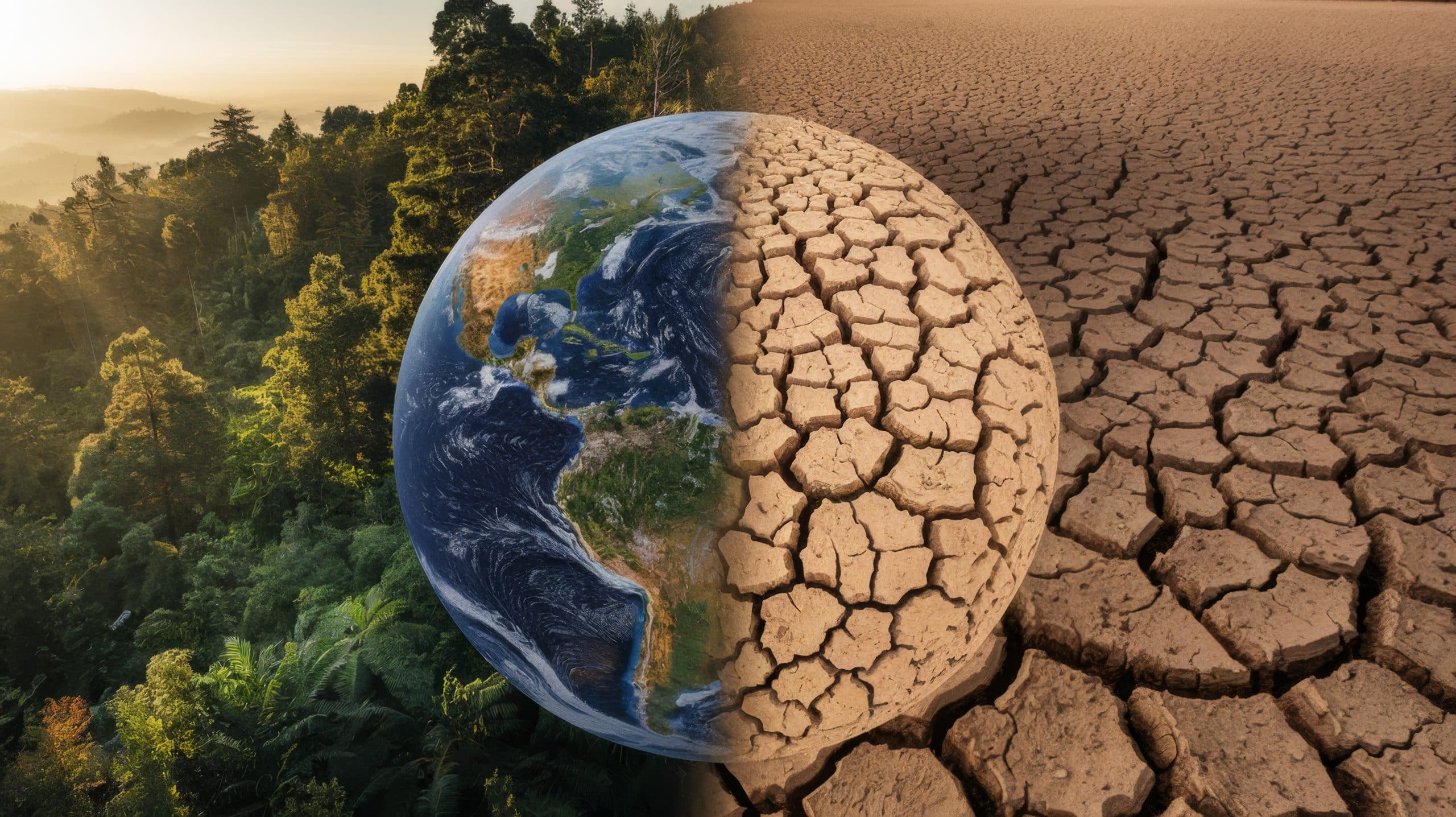How climate change is influencing global policies and shaping our future

Climate change is influencing global policies by prompting governments to set aggressive emission reduction targets, invest in renewable energy, and foster international cooperation to address resource scarcity and migration challenges.
How climate change is influencing global policies is a pressing concern that affects us all. Have you wondered how these changes shape our daily lives and the future of our planet? Let’s dig into the details.
Defining climate change and its impact
Defining climate change is essential for understanding its broad impact on our planet. Climate change is influencing global policies because it refers to the long-term shifts in temperatures and weather patterns, largely driven by human activities.
These changes can lead to extreme weather events, rising sea levels, and significant alterations in ecosystems. As we delve into the impact of climate change, it’s crucial to recognize its far-reaching effects. Explore these impacts through specific aspects.
Weather patterns
One of the most noticeable effects is the alteration of weather patterns. Regions that once enjoyed stable climates are now experiencing unpredictable weather. This leads to increased droughts, stronger storms, and unusual temperature fluctuations.
These changes not only challenge natural ecosystems but also disrupt agriculture and human livelihoods, showing how climate change is influencing global policies on food security and resilience.
Health risks
The impact of climate change extends to public health. Warmer temperatures result in higher rates of heat-related illnesses, worsening air quality, and increased allergic reactions due to pollen.
Climate change is influencing global policies that focus on healthcare preparedness and prevention, as these health risks demand urgent action.
Furthermore, endangered species face critical threats as habitats vanish, disrupting biodiversity and food chains. By identifying these effects early, societies can adapt more effectively, reinforcing why it is influencing global policies worldwide.
Global responses to climate challenges
Global responses have been evolving rapidly. Nations acknowledge that climate change is influencing global policies and are implementing strategies to address these challenges.
Policy changes
Governments are enacting sustainability-driven regulations. Investments in renewable energy, promotion of electric vehicles, and stricter industrial standards all demonstrate greener alternatives.
Climate adaptation strategies
Adaptation is equally vital. Infrastructure resilience, drought-resistant crops, and water management systems show how climate change is influencing global policies aimed at protecting communities.
Technology plays a major role too. Carbon capture and clean energy storage innovations highlight how climate change is influencing global policies on research and international funding priorities.
Public awareness has grown, and grassroots movements push leaders to act. Citizens’ voices prove once again that climate change is influencing global policies from the ground up.

Role of governments in policymaking
The role of governments is pivotal, as climate change is influencing global policies that must balance environmental and economic needs.
Setting emission goals aligned with agreements like Paris is one of the clearest ways climate change is influencing global policies. These targets foster clean energy investment, reduced fossil fuel use, and sustainable industry practices.
Promoting renewable energy
Governments incentivize renewables with tax credits, subsidies, and research funding. Each measure confirms how climate change is influencing global policies to stimulate economies while cutting emissions.
Protecting biodiversity and raising public awareness are equally important. Campaigns, education, and strict conservation laws exemplify how climate change is influencing global policies beyond energy, shaping cultural and social engagement as well.
Influence of climate change on international relations
The diplomatic arena is not immune, climate change is influencing global policies that redefine alliances, aid, and negotiations.
As water and arable land become limited, climate change is influencing global policies related to resource allocation, often causing competition, disputes, or cooperative agreements.
Climate refugees
The displacement of populations illustrates how climate change is influencing global policies on migration and humanitarian aid. Immigration frameworks and international negotiations increasingly reflect climate pressures.
Nations leading in green technologies gain diplomatic power, further showing that climate change is influencing global policies tied to innovation and geopolitical leverage.
Future trends in climate policies
Future strategies reveal how climate change is influencing global policies more decisively than ever.
Heavy investments in solar, wind, and electric infrastructure illustrate how climate change is influencing global policies in energy transformation.
Climate adaptation strategies
Flood defenses, urban green spaces, and conservation policies highlight how climate change is influencing global policies with resilience as a priority.
Corporate responsibility and consumer demand further prove that climate change is influencing global policies not only through governments but also across industries.
Public education and awareness campaigns are expected to expand, ensuring climate change is influencing global policies at every level of society.
In summary, climate change is influencing global policies across sectors, from healthcare and agriculture to diplomacy and economics. The phrase encapsulates a reality: our planet’s future depends on decisive, coordinated action.
As nations, businesses, and citizens adapt, one truth is undeniable, climate change is influencing global policies now, and will continue to do so in shaping tomorrow’s world.
FAQ – Frequently Asked Questions (FAQ) about Climate Change and Global Policies
What role do governments play in combating climate change?
Governments create policies and regulations aimed at reducing greenhouse gas emissions, promoting renewable energy, and protecting natural resources.
How does climate change affect international relations?
Climate change can create resource scarcity, lead to climate refugees, and necessitate international cooperation on environmental issues, influencing diplomatic relationships.
What are future trends in climate policies?
Future trends include setting aggressive greenhouse gas reduction targets, increasing investment in renewable energy, and developing adaptation strategies to combat climate impacts.
Why is public awareness important for climate change action?
Public awareness fosters engagement and responsibility, encouraging individuals and communities to participate in sustainability efforts and support climate-friendly policies.





